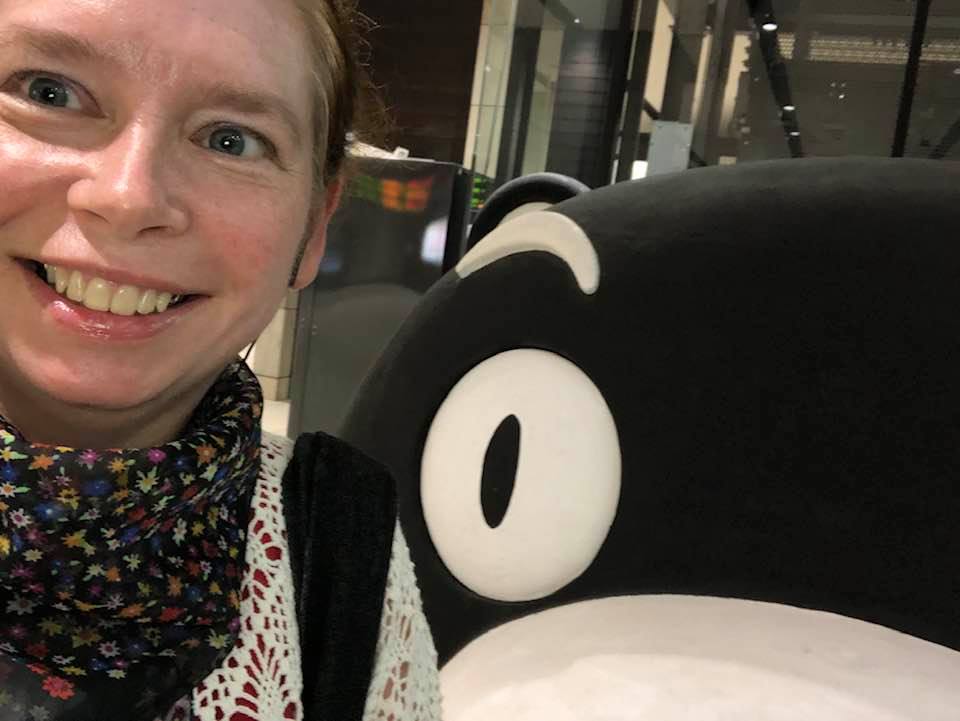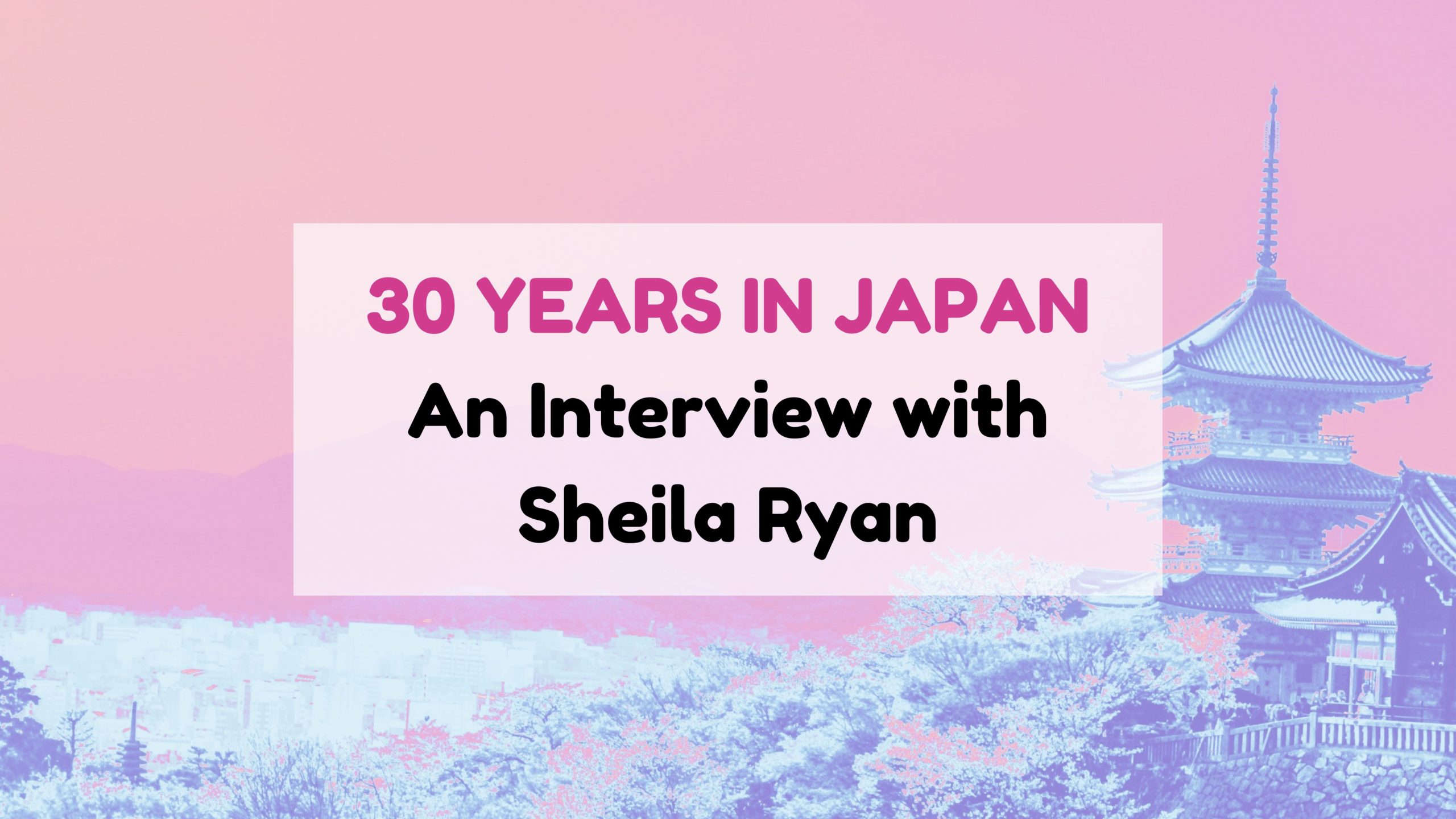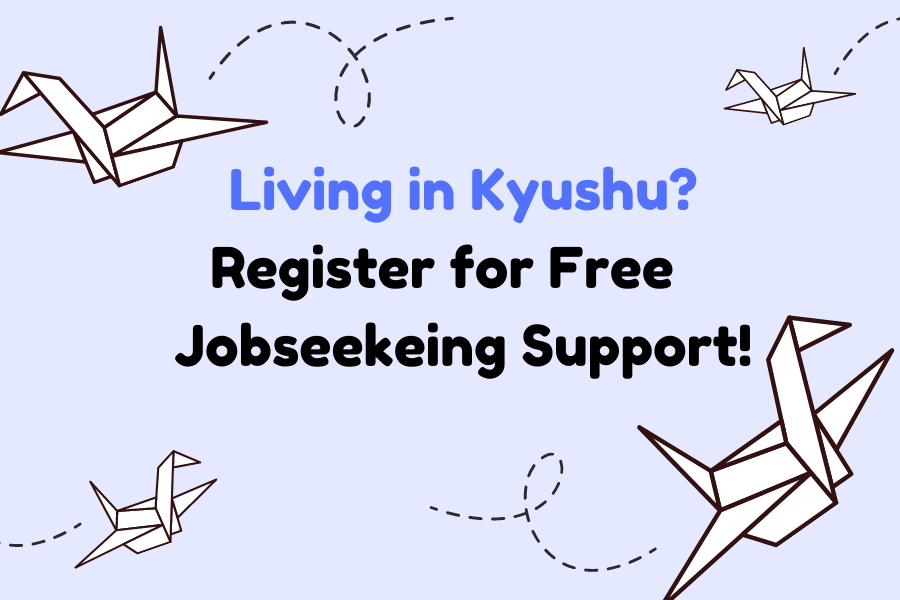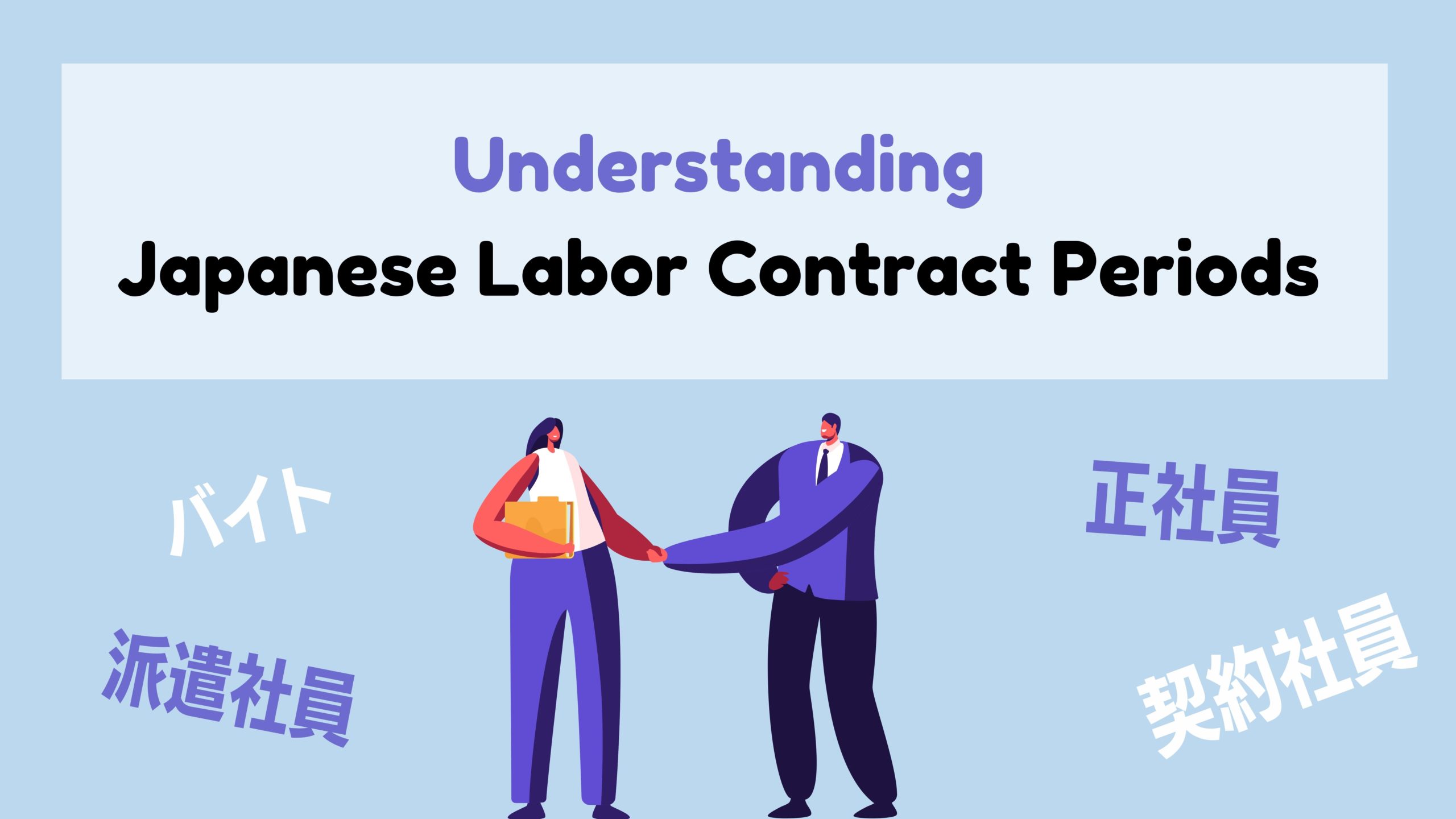When Seattle native Sheila Ryan first came to Japan in 1992 as an English teacher, after seeing the job advertised in her local newspaper, she perhaps had no idea she would still be in Japan some 30 years later.
In those 30 years, Sheila has gone from working as an ALT on JET, to running her own school, to three years ago, making a career switch to translation.
She is the number 2 translator on a well-known Japanese crowdsourcing website, subsequently leading her to be headhunted by QBF Global Support.
Whether it’s via her Facebook page or speaking at a TEDx Talk in Yokohama, Sheila is also an active supporter of minority voices, using her platforms to raise awareness on LGBTQ issues, women’s rights and issues that affect the foreign community, amongst other things.
When Sheila arrived in Japan, there were no smartphones for on-the-go translations and no google maps to help you find your way to Costco (which didn’t exist either!).
We asked Sheila to share with us how things have changed for foreigners working in Japan, and to hear her advice for newcomers who want to work here.

Q1
When and why did you come to Japan?
I came to Japan in 1992 to fulfil a 2-year teaching contract with an English language school.
I had been accepted at graduate school in Switzerland, but since I didn’t have the funds to pay for that, I came to Japan with the intention of saving money.
I found the job ad in the newspaper in Seattle, my hometown.
I interviewed and did a sample lesson for this company, and they placed me in Miyazaki city.
It was only a matter of weeks from answering the newspaper ad to getting on the airplane to Japan!
"I quickly learned that the more Japanese I knew, the easier my life would be. "
Q2
Did you know anything about Japan at the time?
I knew almost nothing at all about Japan, only that I knew a girl from college who had spent a year in Tokyo. She said it was great, it’s easy, everyone speaks English, you’ll have a good time.
When I came to Japan I literally knew no words of Japanese, apart from “Konnichiwa” and “gaijin”. I experienced not being able to buy food or drink because I couldn’t read labels.
I quickly learned that the more Japanese I knew, the easier my life would be.
It took me 2 months to master katakana so I could order my ‘Hambagaa’ from ‘McDonnarudo’!
It took me about a year to master hiragana.
This was in the pre-internet age when everything was copy-and-paste with glue and paper! So I copied and pasted the kana on to my restroom wall and I had to look at it every day.
After my second year I started a community lesson to learn Japanese. The course was for business people.
I recently found an old interview I did for the Miyazaki newspaper, in which I said that I wanted to speak Japanese so that I could communicate with the taxi driver!
Q3
How has your career in Japan changed?
My first job in Japan lasted for two years. By that time, I had just scratched the surface.
After returning to Seattle for a few years, I came back to Japan in 1997 on the JET program. For many years, I was teaching: first as an ALT, then as a kindergarten teacher in Gifu.
In 2004, my ex-husband and I opened a school in Karatsu, his hometown.
Before opening that school with him, I went from zero Japanese to somehow passing N1 within a space of 10 years. I credit my two excellent sensei with giving me the encouragement to keep going on the path to fluency. I used much of my free time during the JET program years to brush up on my kanji and reading!
I started thinking about being a translator over twenty years ago. By the time I joined the JET program in 1997, I had passed N3. I knew I needed a higher level of Japanese to be a translator. I also had a goal at the time to learn to teach Japanese. I took a course offered by the JET program at the time on teaching Japanese as a foreign language. While I never did pursue that as a career, what I learned in that course serves me as a teacher today. If JET offers a free training course, take it!
My five-year JET career was from 1997-2002. I spent 1 year in Hyogo prefecture in 1997. Then I transferred to Gifu, where I lived with my ex-husband from 1998 to 2004.
Q4
Were you aware of foreigners doing non-teaching jobs at that time?
I didn’t see a lot of non-teaching jobs at that time. The only ones I saw were for translation.
This is when the internet was still in its infancy in Japan. A lot of the tech jobs and social media jobs that you see now did not exist.
In 1998, I joined a group called the Association of Foreign Wives of Japanese (AFWJ). A lot of them would transition from teaching to translation.
Another common transition was going from public school ALT positions to working at universities. Even 20 years ago, and certainly now, you needed a Masters’ degree or a teaching qualification to teach at a university.
"Compared to 20-30 years ago, Japan seems more accustomed now to seeing people who look different. "
Q5
How has Japan changed for foreigners since you came?
I no longer hear ‘Gaijin da’ when I’m walking down the street.
I think compared to 20-30 years ago, most parts of Japan seem more accustomed now to seeing people who look different.
Q6
What kind of trends have you observed in job industries?
For those with IT skills, I see companies bending over backwards to hire non-Japanese. However, if it’s not IT related, I think most companies still require a high level of Japanese.
Q7
What do you think are some advantages and disadvantages of working in Japan as a foreigner?
It depends on what kind of foreigner you are and what kind of work that you do.
If you are a native English speaker and in the English teaching field, obviously, you have an advantage with your native language.
If you are not in that field, unless you have very specialized skills like translation, you’re obviously competing against Japanese. It’s unfair and unrealistic to hold yourself to that standard. On the other hand, you have skills and abilities that perhaps they don’t have, so it’s all about finding a balance.
Some other disadvantages might be the cultural rules. Japanese companies have strict rules. I don’t agree with all of them, such as those to do with dress, appearance and self-expression. I will try to nudge it a little bit, because in the past 10 years you will have heard words going around in Japan like “diversity” and “inclusion”. People like myself are the pioneers of that.
We are still the rarest of the rare in the Japanese office, when we are not dealing with specifically teaching English.
Q8
What advice would you give to those who want to come and live and work in Japan?
Be prepared to be treated differently. Living and working in Japan in a non-teaching setting has opened my eyes to what non-majority people experience in their home countries. I’m from the US. If I had not lived in Japan, I don’t think I would be as aware as I am of the issues that people of color in my home country face every day of their lives in the US.
Living in Japan, I am in the physical minority and the linguistic minority.
Also, the gender differences in this country vs my home country have really sensitized me to microaggressions and also how to be resilient to those.
Q9
What are some things that are still tricky to navigate even for long-term expats?
How much to say and when. There is so much more I could say! (laughs)
Sometimes I have running dialogues in my mind in Japanese, because that’s the target that I want to hear my message. But are they open to it? I do believe that younger generations are.
An example is LGBTQ issues. Recently, there has been a case in Tokyo where an international gay couple want to receive a visa qualification to live in Japan. It seems unfair, but in Japan, it is still hard to obtain civil rights.
I think of Japan as about 50 years behind the US in terms of feminism and the rights of non-majority people.
I have seen a greater awareness about these issues in recent years though, so that’s good to see.
"My strongest advice is, know who you are before you enter a Japanese company. "
Q10
What kind of person do you think does well in a Japanese company?
A person who is flexible, a person who is compassionate. Someone who can see more than one side of the coin. This person must manage to hold on to who they are.
My strongest advice is, know who you are before you enter a Japanese company.






